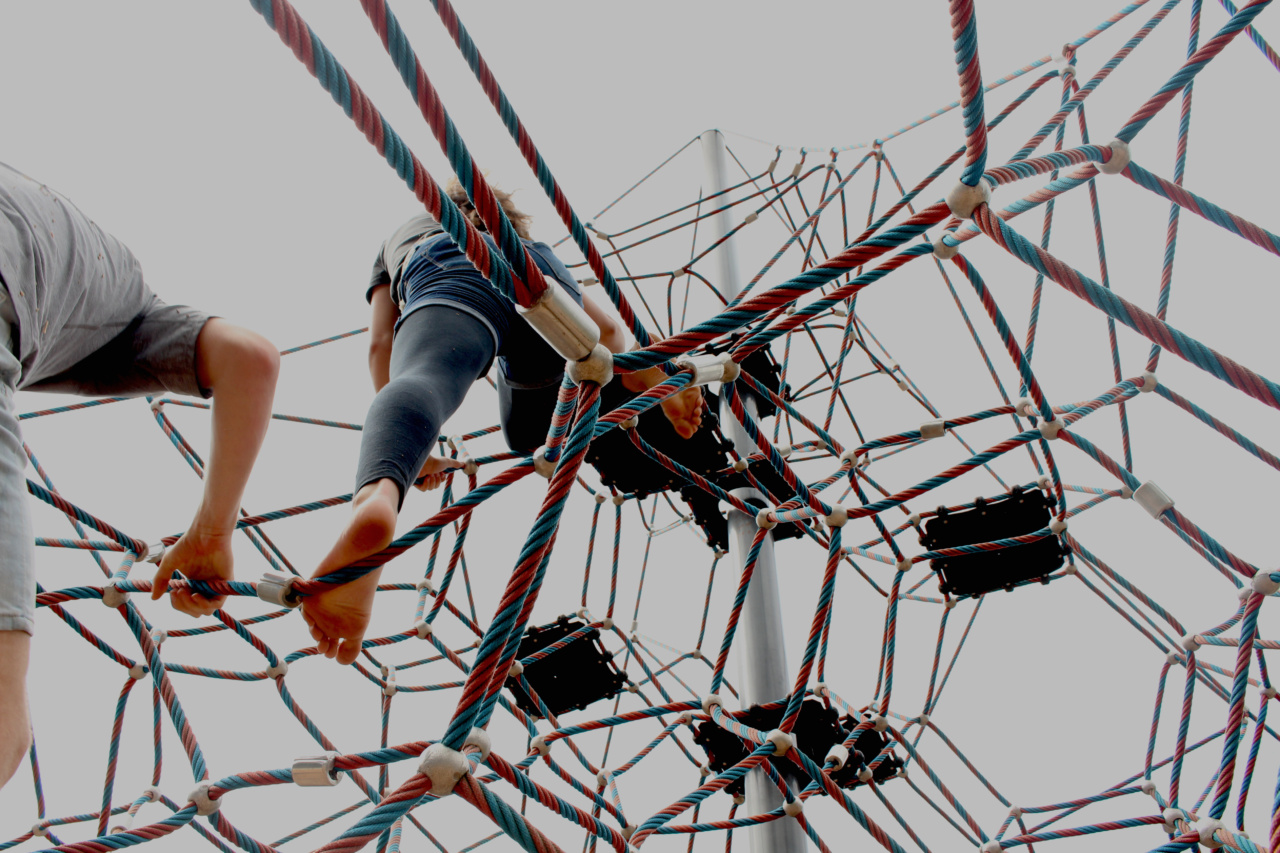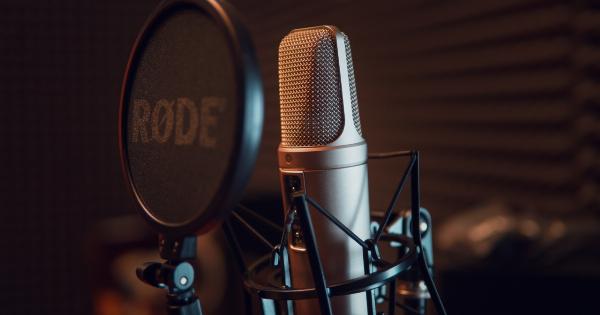When you experience trauma, your life changes forever. It can be a long journey to recovery, and not everyone is able to fully heal.
Everyone’s experience with trauma is unique, but I hope that sharing my story will help others understand the aftermath of trauma and how it can impact your life in so many different ways.
My Experience
I was involved in a car accident 10 years ago. I was driving home from work when a truck hit my car. I don’t remember much of what happened next, but I do remember waking up in the hospital a few days later.
I had a broken leg, a concussion, and a lot of bruises. It took me months to physically recover from the accident, but the emotional toll of it lasted much longer.
PTSD
After the accident, I started experiencing symptoms of PTSD. I had nightmares about the accident every night, and I would wake up sweating and shaking. I became anxious and paranoid about everything.
I would always check my car for scratches or dents, and I would avoid driving on the highway or in heavy traffic because I was afraid of another accident. I was diagnosed with PTSD and started seeing a therapist to help me cope with my symptoms.
Depression
As time went on, my PTSD symptoms started to improve, but I began to feel more disconnected from the world around me. I stopped going out with friends and stopped doing things that I used to enjoy.
I felt like I was just going through the motions of life without really experiencing anything. I was diagnosed with depression and started taking medication to help manage my symptoms.
Anxiety
Even after I began taking medication for my depression, I still felt anxious all the time. I would have panic attacks for seemingly no reason and was constantly worried about everything.
I didn’t want to go out in public or be around people because I was afraid something bad would happen. I started seeing a different therapist to specifically address my anxiety symptoms, and over time, they improved.
Relationships
My relationships with friends and family were strained after my accident. I didn’t want to talk about what had happened, and I didn’t want to burden anyone with my problems.
I became distant and isolated, and I started to feel like I didn’t have anyone to turn to. It took a long time for me to open up to my loved ones and to let them help me through my recovery.
Coping Mechanisms
Throughout my recovery, I’ve had to develop coping mechanisms to help me manage my symptoms. I’ve found that mindfulness meditation helps me stay calm and focused, and I’ve also found ways to challenge my negative thoughts and beliefs.
By focusing on the present moment and challenging my anxious thoughts, I’ve been able to improve my mental health and overall well-being.
Conclusion
Recovering from trauma is a long and difficult journey, but it’s worth it. It’s important to seek help if you’re struggling with PTSD, depression, anxiety, or other mental health issues related to trauma.
There are resources available to help you, and with the right support, you can learn to manage your symptoms and improve your quality of life.





























